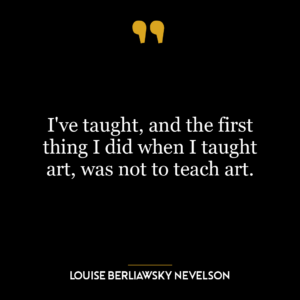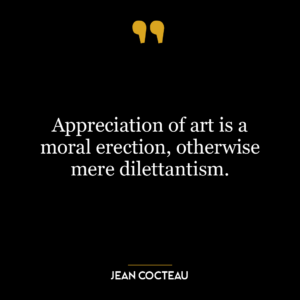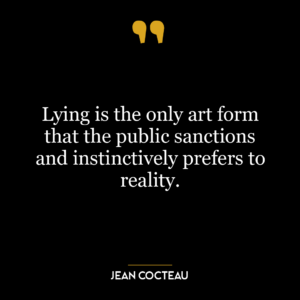This quote emphasizes that emotional control is not the absence of feelings, but rather the ability to manage and direct them in a constructive manner. It suggests that maturity is not about suppressing or ignoring our emotions, but rather understanding them, acknowledging their presence and controlling how we react to them.
The term “emotional control” often carries a negative connotation, as if it means to stifle or suppress one’s feelings. However, this quote suggests that emotional control is actually a sign of maturity. It’s about being able to experience emotions, whether they’re positive or negative, without letting them dictate our actions or decisions. It’s about being able to feel anger without lashing out, to feel sadness without falling into despair, to feel joy without losing sight of reality.
In the context of personal development, this quote highlights the importance of emotional intelligence. Emotional intelligence is the ability to recognize, understand, and manage our own emotions and the emotions of others. It’s a key skill that can help us navigate life more effectively, build healthier relationships, and achieve our goals.
In today’s fast-paced, high-stress world, emotional control is more important than ever. We’re constantly bombarded with information and stimuli that can trigger strong emotional responses. Without emotional control, we can easily become overwhelmed and react impulsively, which can lead to negative consequences.
For instance, in the workplace, emotional control can help us handle criticism without taking it personally, deal with conflict in a constructive manner, and stay calm under pressure. In our personal lives, emotional control can help us maintain healthy relationships, manage stress, and make rational decisions even when we’re faced with strong emotions.
Therefore, developing emotional control is not about becoming emotionless, but about growing as individuals. It’s about learning to navigate the stormy seas of our emotions with grace and wisdom, using them as a guide rather than letting them control us. It’s a journey of self-discovery, self-understanding, and self-improvement that leads to a more fulfilling and balanced life.










